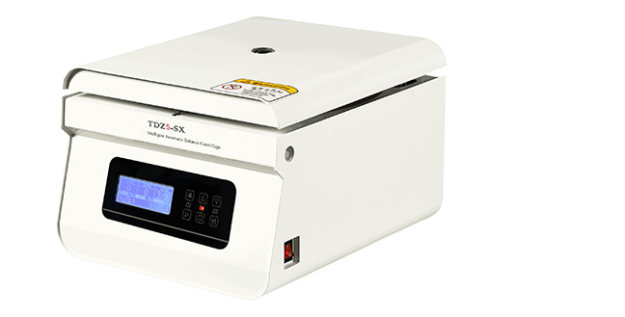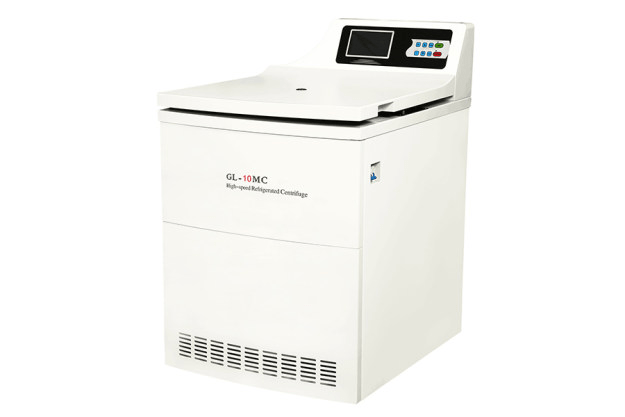Centrifuges are indispensable laboratory tools utilized for a myriad of separation and purification tasks. They vary in types, sizes, and capacities, yet all serve the fundamental function of segregating materials based on their densities. Like any equipment, the lifespan of a centrifuge hinges upon meticulous maintenance and attentive care. In this discourse, we'll delve into some precautions and invaluable tips when operating a centrifuge.

Prioritizing Safety:
Utilize Appropriate Personal Protective Equipment (PPE):
Equip yourself with suitable PPE such as gloves, lab coats, safety glasses or goggles, and closed-toe shoes to safeguard against potential hazards.
Balance the Rotor:
Ensure the rotor is adequately balanced prior to initiating the centrifuge. An imbalanced rotor may lead to vibration or even structural failure, posing serious risks.
Adhere to Recommended Speed and Time Settings:
Operate the centrifuge at the prescribed speed and duration suitable for the samples being processed. Overexertion can cause overheating or catastrophic failure.
Employ Proper Containers and Adapters:
Utilize designated containers and adapters tailored to the samples at hand. Ill-fitting or incorrectly sized accessories can result in spillage or malfunction.
Refrain from Opening During Operation:
Resist the temptation to open the centrifuge while in operation. Wait until it comes to a complete stop before accessing its contents to avert potential accidents.
Avoid Utilizing Damaged Equipment:
Refrain from employing damaged or worn-out components such as rotors, adapters, or centrifuge tubes. Such negligence can jeopardize safety and lead to malfunction.
Be Cognizant of Chemical Hazards:
Familiarize yourself with any chemical hazards associated with the samples under examination. Take appropriate precautions, such as working in well-ventilated areas or employing a fume hood, to mitigate risks.

Troubleshooting Common Problems:
Vibrations or Shaking:
Ensure proper rotor balancing and even loading of sample tubes. If issues persist, inspect for potential rotor damage or enlist professional servicing.
Noise:
Unusual or excessive noise may signal motor or bearing issues. Check for loose components or signs of wear and enlist professional assistance if necessary.
Failure to Start or Spin:
Verify power connectivity and switch operation. If problems persist, motor or centrifuge servicing may be warranted.
Temperature Irregularities:
Confirm ambient temperature falls within recommended parameters and check ventilation systems. If problems persist, thermostat or temperature control systems may require attention.
Leaks or Spills:
Confirm proper sealing of sample tubes and ensure centrifuge levelness. Continued issues may necessitate rotor or chamber inspection.
Error Messages:
Refer to the manual of the centrifuge manufacturer for guidance on addressing error messages or codes. For unresolved issues, contact the manufacturer or qualified technicians.
Maintenance and Cleaning Protocols:
Regularly clean the centrifuge exterior using mild detergent and a soft cloth, avoiding abrasive materials.
Inspect rotors and buckets for wear or damage, replacing defective parts promptly.
Lubricate moving components as per manufacturer's recommendations, avoiding over-lubrication.
Regularly scrutinize seals and gaskets for integrity, replacing as needed.
Clean rotor and buckets post-use with mild detergent and warm water, ensuring thorough drying before reassembly.
Conduct periodic self-diagnostic tests according to manufacturer instructions to ensure optimal performance.
Store the centrifuge in a clean, dry environment, shielded from extreme temperatures and humidity.
In summary, meticulous maintenance and adherence to safety protocols are imperative for prolonging the lifespan of a centrifuge and ensuring reliable results. Regular inspections, cleaning, and calibration uphold performance standards and mitigate the risk of malfunction or injury.





Comments (0)